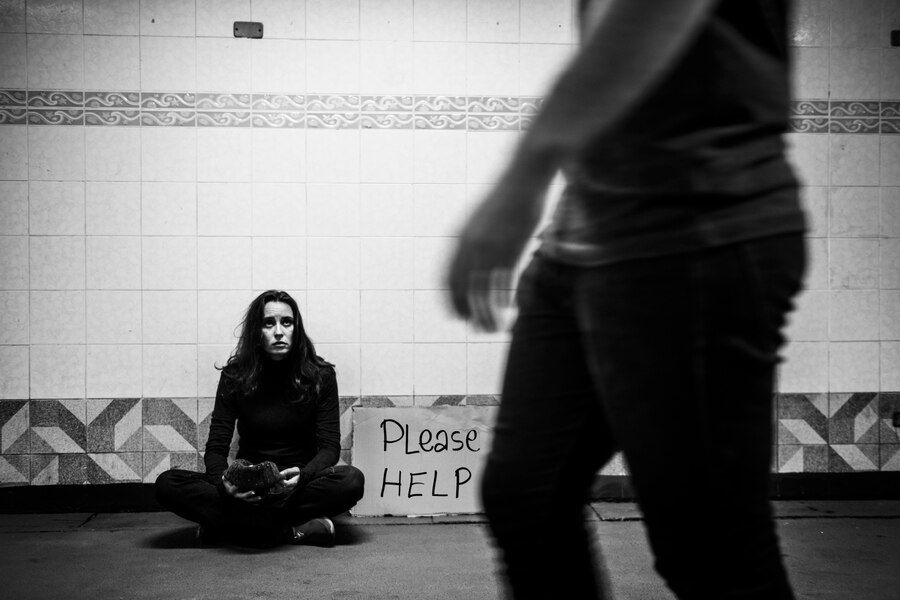Understanding Rape Trauma in Early Years and Coping Mechanisms
Rape trauma, especially when experienced during the early years, can have profound and long-lasting effects on an individual's mental, emotional, and physical well-being. The impact of such trauma can shape a person's development and influence their ability to form healthy relationships and cope with stress. This article explores the effects of rape trauma in early years and the various ways individuals can cope with and heal from such experiences.

Effects of Rape Trauma in Early Years
The trauma of rape can manifest in numerous ways, affecting different aspects of a person's life:
- Emotional Impact: Survivors may experience intense emotions such as fear, shame, guilt, and anger. These feelings can persist and lead to conditions like depression, anxiety, and post-traumatic stress disorder (PTSD).
- Cognitive Effects: Trauma can affect cognitive functions, leading to difficulties with concentration, memory, and decision-making. Survivors may also develop negative self-perceptions and a distorted sense of reality.
- Behavioral Changes: Individuals may exhibit changes in behavior, such as withdrawal from social activities, aggression, or self-destructive behaviors. They might also develop coping mechanisms like substance abuse to numb the pain.
- Physical Symptoms: The stress of trauma can manifest physically, resulting in chronic pain, gastrointestinal issues, and sleep disturbances. Survivors may also experience somatic symptoms without a clear medical cause.
Coping Mechanisms and Healing
Healing from rape trauma is a complex and ongoing process that requires a multifaceted approach. Here are some coping mechanisms and strategies that can aid in recovery:
- Therapy and Counseling: Professional therapy is crucial for addressing the psychological impact of trauma. Cognitive Behavioral Therapy (CBT), Eye Movement Desensitization and Reprocessing (EMDR), and trauma-focused therapy can help survivors process their experiences and develop healthy coping strategies.
- Support Groups: Joining support groups for survivors of sexual assault can provide a sense of community and understanding. Sharing experiences with others who have faced similar challenges can reduce feelings of isolation and promote healing.
- Mindfulness and Relaxation Techniques: Practices such as mindfulness meditation, yoga, and deep breathing exercises can help manage stress and anxiety. These techniques promote relaxation and emotional regulation.
- Building a Support Network: Having a strong support network of trusted friends, family members, and mentors is essential. Supportive relationships can provide emotional comfort and practical assistance during difficult times.
- Self-Care: Prioritizing self-care is vital for recovery. This includes maintaining a healthy lifestyle with regular exercise, balanced nutrition, and adequate sleep. Engaging in activities that bring joy and fulfillment can also aid in healing.
- Education and Advocacy: Learning about trauma and its effects can empower survivors and help them understand their experiences. Advocacy and raising awareness about sexual violence can also be therapeutic and contribute to a sense of purpose.
The Importance of Seeking Help
Seeking help is a critical step in the healing process. Professional support can provide the tools and guidance needed to navigate the complexities of trauma. It's important to remember that healing is a personal journey, and there is no right or wrong way to cope. Each individual's path to recovery will be unique.
Rape trauma in early years can have a profound impact, but with the right support and coping mechanisms, survivors can heal and lead fulfilling lives. If you or someone you know is struggling with the effects of rape trauma, don't hesitate to reach out for help. Support is available, and healing is possible.
CATEGORIES












